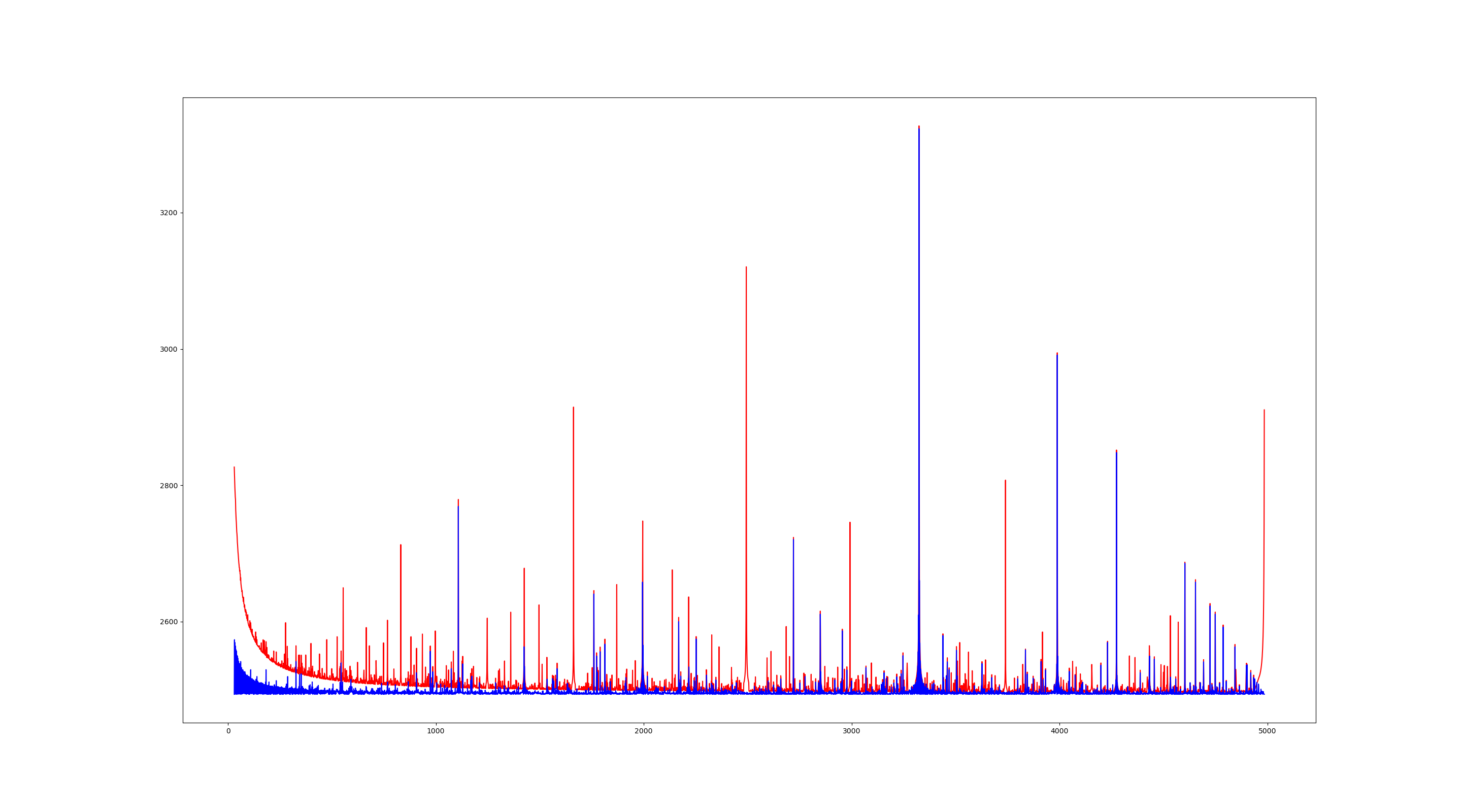The main content of this blog post will concern the specifics of this problem that I was thinking about, but first I would like to give some meta-analysis about the process of research. Hopefully some of statements below generalize to other things you can do with your life. I think they probably do.
At least for me, research is messy. Sometimes it feels like all I have is twenty folders full of papers which are mostly filled with crossed-out false-hoods, or even more frequent, commentary on why whatever I can say is not strong enough to prove what I want. Chains of implications that ultiamately imply nothing but tautologies. Declarations of what would have to be true for a theorem to hold, but without indications of why the supposedly reduced problem is any easier (of course it is an equivalent problem).
At least for me, it’s very easy to get attached to a result. Maybe I have many pieces of evidence that all seem to coincide with a belief. For instance, I strongly believe that I have a function which bounds another function, and furthermore does so in a fairly tight manner. The two functions are shown in red/blue in the picture below (which supports my hypothesis.)

On the other hand, I think Gauss was pretty wise when he said >I confess that Fermat’s Theorem as an isolated proposition has very little interest for me, because I could easily lay down a multitude of such propositions, which one could neither prove nor dispose of.
The supposed simplicity of a statement, the fact that it is supported by every simulation you can think of. These are not things that mean that a statement “should” have a simple proof. In general, “should” can be a very dangerous word.
All is reasoning for the following proposition:
Proposition. Sometimes one is privalleged to obtain a glimpse of beautiful understanding of the world. To whatever degree one is given such a glimpse, one should certainly cherish it. On the other hand, one should also cherish the privallege of walking into the unknown. The ultimate prize is not really “do these crazy ideas actually work to give a result that I want”. The prize is those ideas taht you have created. Maybe the idea will be useful in a later proof. It certainly is my experience that research is a process of coming up with ideas that don’t quite work, abonding them and then months later re-discovering them with appropriate modifications to make them work. On the other hand, some ideas might never become anything “useful”. But they are still beautiful ideas. And the ideas are the true art.
Raw ideas are for the most part too vague / broken to be easily conveyed to other people. A correct proof is a good medium for a polished idea. In a correct proof, you encode a polished idea into a language that someone else can receive and decode back into a polished idea.
But to get a “raw idea” is somehow something deeper than just a true statement. Raw ideas sometimes don’t really correspond to any specific reality. But they correspond to an idea about why something should be true. A polished idea vs a raw idea is the difference between a bunch of inequalities checkable by a CAS and an understanding of truth.
cherish the raw ideas: they are the truly beautiful thing
Anyways enough philisophical nonsense. Now we proceed to the mathematical nonsense! Or the so-called “raw ideas”.
pdf of raw ideas below:
@importpdf: images/2bins